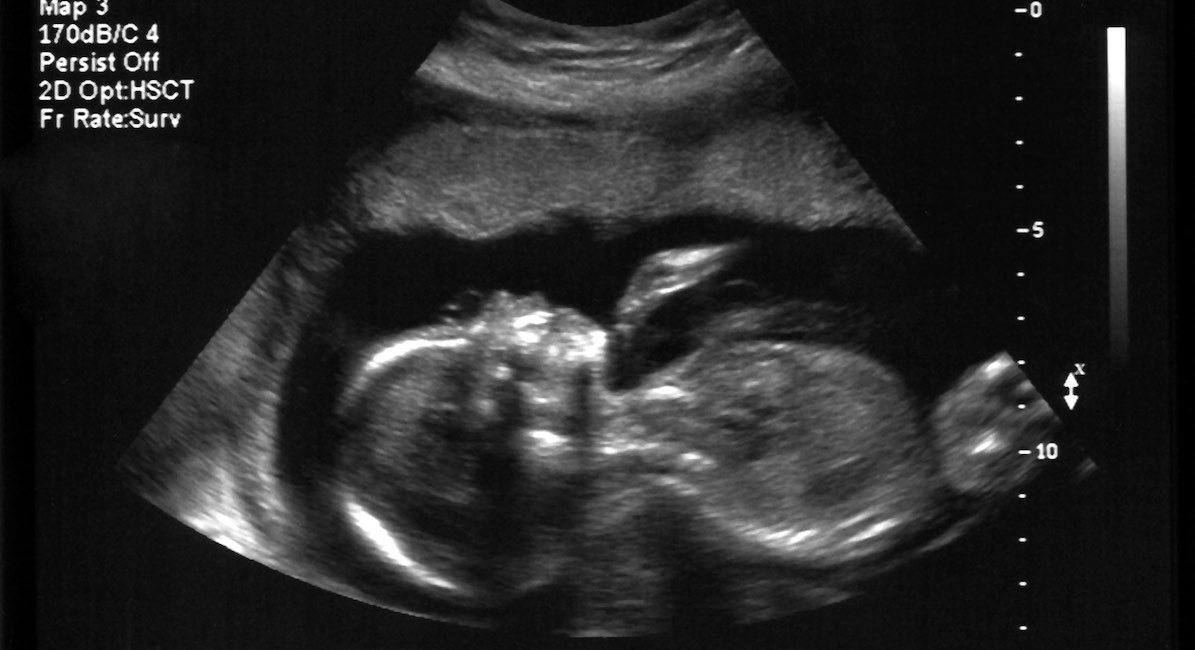The Texas Senate approved multiple pro-life bills on March 29, including a heartbeat bill that would prohibit abortion once a preborn child’s heartbeat is detected. A preborn baby’s heart begins to beat between 16 and 22 days after fertilization.
Each bill is now headed to the Texas House.
Senate Bill 8, the Texas Heartbeat Act, aims to ban abortions once a preborn baby’s heartbeat can be detected. It contains an exception for medical emergencies, though deliberately killing a preborn child is never medically necessary, even in emergencies. This same bill would also allow anyone in Texas to sue an abortion business that violates state laws.
“[The bill] requires the physician to determine whether there is a heartbeat, and if a heartbeat is detected, the physician cannot knowingly perform or induce an abortion and can be held civilly liable, unless there is a medical emergency,” said Sen. Bryan Hughes (R), sponsor of the bill.
READ: Texas Senate prioritizes defenseless preborn children with slate of pro-life bills
Another pro-life bill is Senate Bill 9, which would ban nearly all abortions in the event that Roe v. Wade, the 1973 Supreme Court decision that legalized abortion throughout the U.S., were to be overturned. If this happens and the law goes into effect, the fine for committing an abortion would be up to $100,000.
Opponents of Senate Bill 9 argue that the fine for sexual assault in Texas is only up to $10,000 and that rapists should be punished to a greater extent than abortionists. “Why would we punish a doctor who performs an abortion on a victim of rape or incest more than the actual rapist?” asked Sen. Carol Alvarado (D).
Innocent preborn children should not be given the death penalty for crimes they did not commit. Perhaps the issue is not that abortionists should be punished less harshly, but that rapists should be punished to a greater extent than they currently are.
Additional pro-life bills that passed the Senate on Tuesday include the Preborn NonDiscrimination Act (SB 1173), the Regulating Abortion-Inducing Drugs Act (SB 394), and the Every Mother Matters Act (SB 802).
The Preborn NonDiscrimination Act would ban abortions due to a poor prenatal diagnosis. Instead of abortion, parents would be given information regarding support resources and perinatal palliative care. The Regulating Abortion-Inducing Drugs Act aims to prohibit chemical abortions (the abortion pill) after 49 days and the Every Mother Matters Act would require that women seeking an abortion receive counseling and other resources such as housing, resumé development, adoption services, and childcare.
In addition, the Texas Abolition Strategy Act (SB 1647), explained Texas Right to Life, combines three pro-life policies into one pro-life bill aimed at ending elective abortion in Texas. This bill includes the Preborn NonDiscrimination Act to prohibit discriminatory abortions based on sex, ethnicity, or disability, the Texas Heartbeat Act to prohibit elective abortions when the preborn child’s heartbeat is detectable, and the Abolition act which would prohibit all remaining elective abortions. The Preborn NonDiscrimination Act and the Texas Heartbeat Act, as stated above, are also standalone bills that passed the Senate. The Texas Abolition Strategy Act would also ensure conscience protections for health care professionals who object to committing or partaking in abortion or any elective medical decision that would violate their conscience.
“Ten other states have passed heartbeat bills,” said Hughes. “We have to admit Texas is behind. This bill will protect the lives of our most precious Texans starting at the moment that little heart is beating.”
“Like” Live Action News on Facebook for more pro-life news and commentary!







